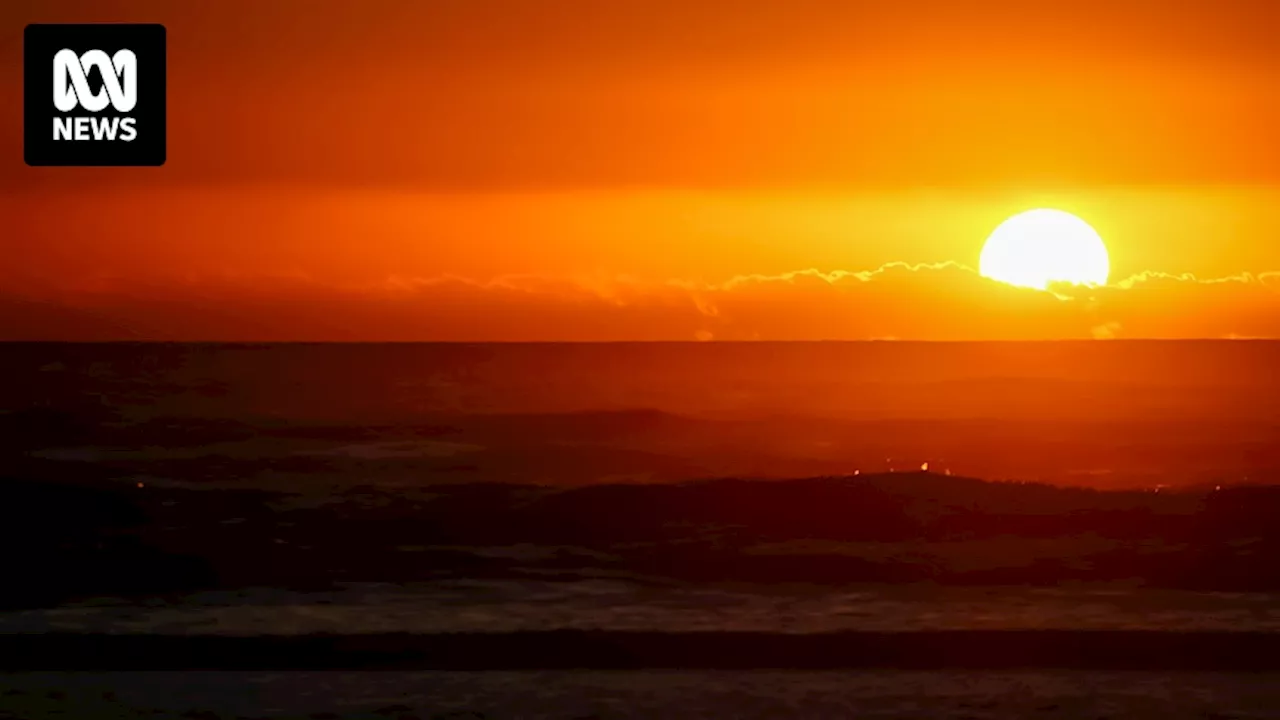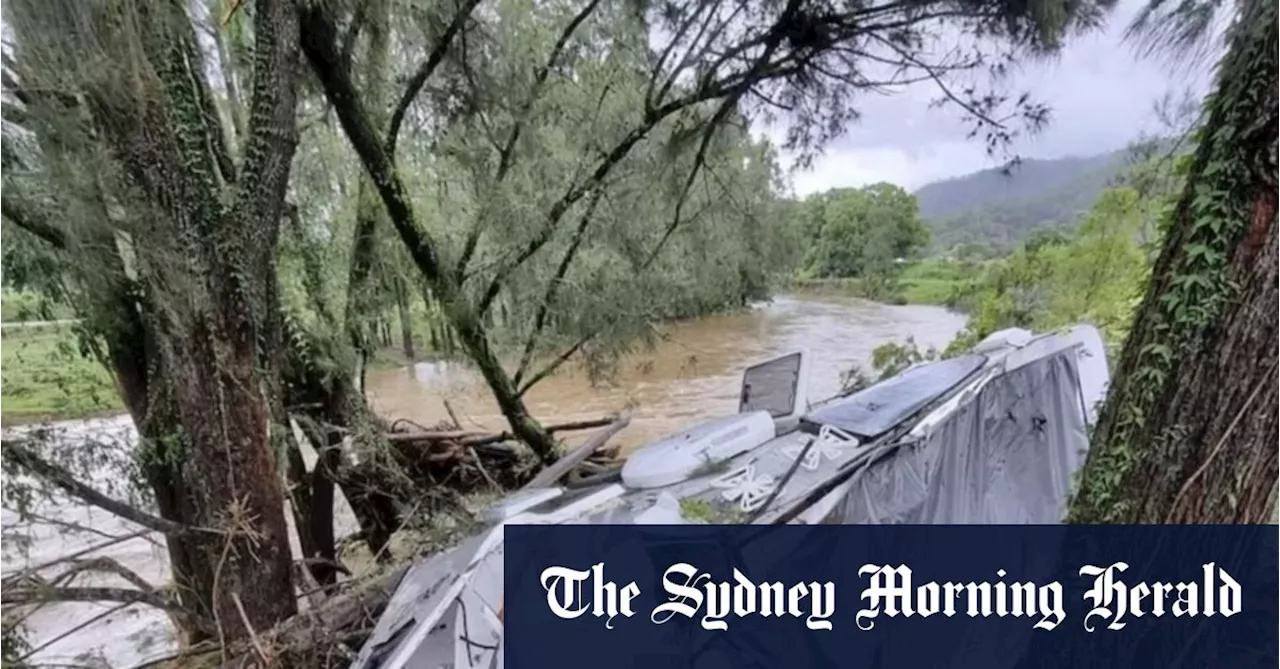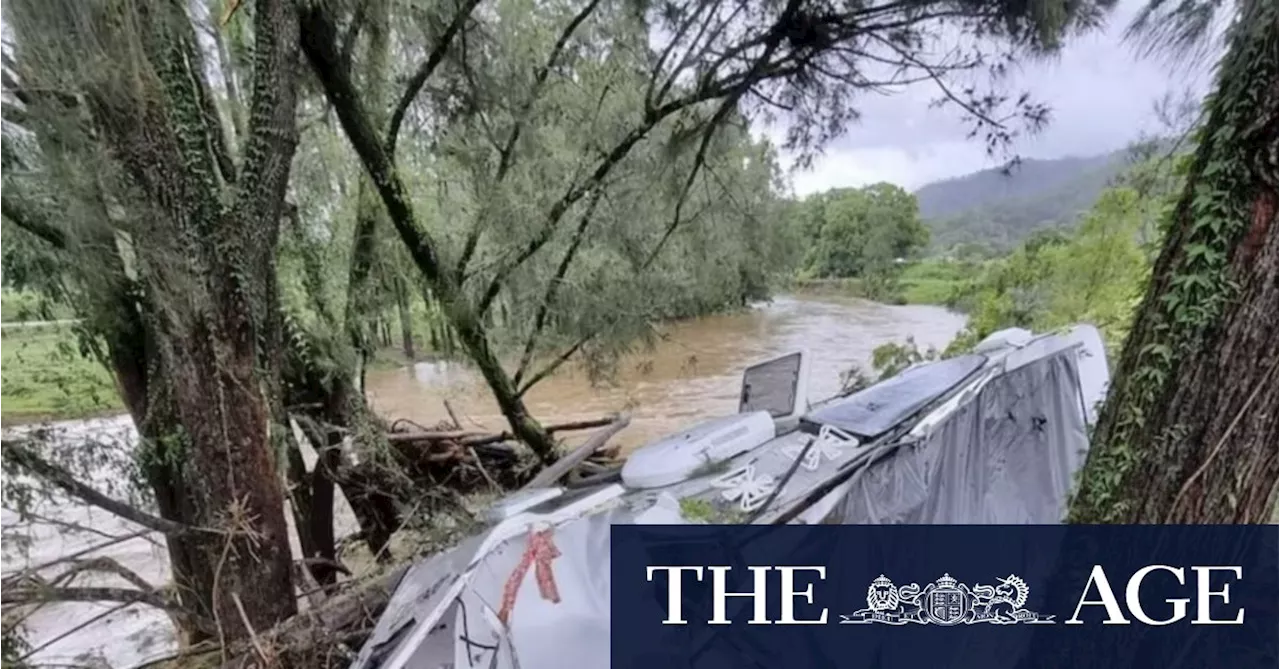This news report explores the growing threat of extreme weather conditions on sports, from professional tournaments like the Australian Open to grassroots community events. It highlights the health risks for athletes, the challenges faced by organizers, and the urgent need for climate action in the sports world.
This week, as rivalries old and new face each other on court, there is one common adversary - heat. Dr Carolyn Broderick, Tennis Australia's chief medical officer, explains that heat can manifest in various ways, from mild symptoms like dizziness, nausea, and headache to life-threatening heat stroke at its extreme. The Australian Open overhauled its extreme heat policy after the country endured one of its hottest summers on record in 2018.
Tennis player Nick Kyrgios echoed the sentiment, stating that the heat was dangerously hot and that Tennis Australia should have taken action sooner. Dr Broderick emphasizes that this situation highlights the need for preparation in both professional and community sports for a warming world. Dr Broderick developed the tournament's current heat stress policy. When the heat stress scale hits four, there's an extended break between sets to allow for cooling interventions. If it reaches five, all play on outdoor courts is suspended, and stadium courts are closed and air-conditioned. Tennis is not the only sport grappling with more extreme weather conditions. AFLW player Nicola Barr expresses concern that as climate change worsens, playing sports safely and enjoyably will become increasingly difficult. Tara Meakins runs the popular Coogee Run Club in Sydney's east. Their group runs five times a week, emphasizing community and connection. Despite the forecast for unusually hot spring temperatures, the club decided to proceed with their run. Tara Meakins describes the experience as increasingly challenging as the temperature soared. She noticed runners collapsing from heat exhaustion, including a member of her own club, Torrin Chigdy. Torrin's experience was particularly harrowing, as she suffered a heatstroke near the finish line, causing her body to shut down. Tara emphasizes that organizers have a responsibility to prioritize the health and safety of their participants, especially in endurance events. A spokesperson for the TCS Sydney Marathon stated that hospitalizations in 2023 were comparable to other major global running events. They have since increased medical staff, water stations, and implemented heat risk assessment policies. Kirsty Ruddock from the Environmental Defenders Office warns that if events like marathons are held in extreme weather and result in injuries or collapses, organizers could face legal action. She notes that climate change is an emerging issue in sports, with only 1% of sports addressing it in their annual reports. However, she predicts more legal challenges if action is not taken. Nicola Barr, an AFLW player, is part of a group of athletes advocating for urgent action on climate change. She has signed a petition with other prominent Australian athletes, including Pat Cummins, Cate Campbell, and Nathan Cleary. Barr highlights that athletes often push themselves beyond their limits in extreme conditions to avoid appearing weak, which can be dangerous. While organizations like the AFL and Cricket Australia have made positive changes, she believes more needs to be done. Jeff Saul, involved in community football for four decades, shares his concerns about the impact of climate change on grassroots sports. His club's ovals in suburban Sydney have been repeatedly flooded in recent years, forcing cancellations and disruptions
Climate Change CLIMATE CHANGE SPORTS ATHLETES HEAT STROKE EXTREME WEATHER AUSTRALIAN OPEN AFLW RUNNING COMMUNITY SPORTS
Australia Latest News, Australia Headlines
Similar News:You can also read news stories similar to this one that we have collected from other news sources.
 Few countries spared from fatal heat events in 2024 as dangerous heat days pile upA 13-month heat streak likely made 2024 the hottest year on record.
Few countries spared from fatal heat events in 2024 as dangerous heat days pile upA 13-month heat streak likely made 2024 the hottest year on record.
Read more »
 2024: A Year of Record Heat and a Wake-Up Call for Climate ActionThe year 2024 officially became the hottest year on record, exceeding the 1.5C warming threshold set by the Paris Agreement. While this milestone raises alarm about the accelerating impacts of climate change, it also underscores the urgency for global action to mitigate further warming.
2024: A Year of Record Heat and a Wake-Up Call for Climate ActionThe year 2024 officially became the hottest year on record, exceeding the 1.5C warming threshold set by the Paris Agreement. While this milestone raises alarm about the accelerating impacts of climate change, it also underscores the urgency for global action to mitigate further warming.
Read more »
 Climate Change Accelerates Crop Ripening in AustraliaFarmers in Australia are experiencing an earlier harvest due to the effects of global heating. Canola crops, once ready in late November, are now ripening in October, disrupting the traditional rhythms of farming. Heavy rainfall is also becoming more frequent, posing challenges for farmers.
Climate Change Accelerates Crop Ripening in AustraliaFarmers in Australia are experiencing an earlier harvest due to the effects of global heating. Canola crops, once ready in late November, are now ripening in October, disrupting the traditional rhythms of farming. Heavy rainfall is also becoming more frequent, posing challenges for farmers.
Read more »
 From sunburn to storms: How climate change is redefining the Aussie summer getawayMore and more Australians are opting for safer holiday destinations to ensure their hard-earned breaks aren’t scuppered by extreme weather events.
From sunburn to storms: How climate change is redefining the Aussie summer getawayMore and more Australians are opting for safer holiday destinations to ensure their hard-earned breaks aren’t scuppered by extreme weather events.
Read more »
 From sunburn to storms: How climate change is redefining the Aussie summer getawayMore and more Australians are opting for safer holiday destinations to ensure their hard-earned breaks aren’t scuppered by extreme weather events.
From sunburn to storms: How climate change is redefining the Aussie summer getawayMore and more Australians are opting for safer holiday destinations to ensure their hard-earned breaks aren’t scuppered by extreme weather events.
Read more »
 From sunburn to storms: How climate change is redefining the Aussie summer getawayMore and more Australians are opting for safer holiday destinations to ensure their hard-earned breaks aren’t scuppered by extreme weather events.
From sunburn to storms: How climate change is redefining the Aussie summer getawayMore and more Australians are opting for safer holiday destinations to ensure their hard-earned breaks aren’t scuppered by extreme weather events.
Read more »
